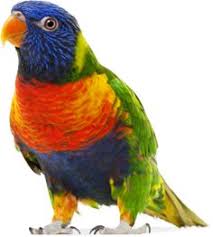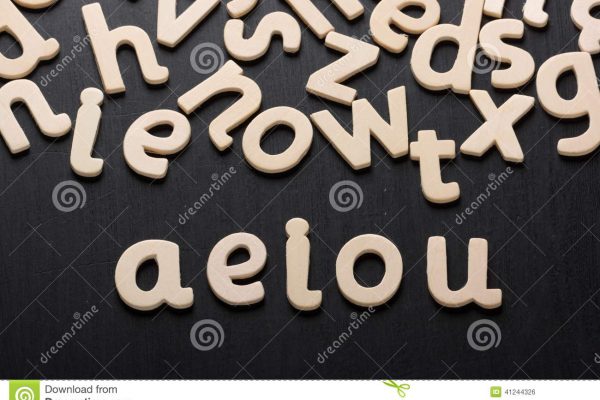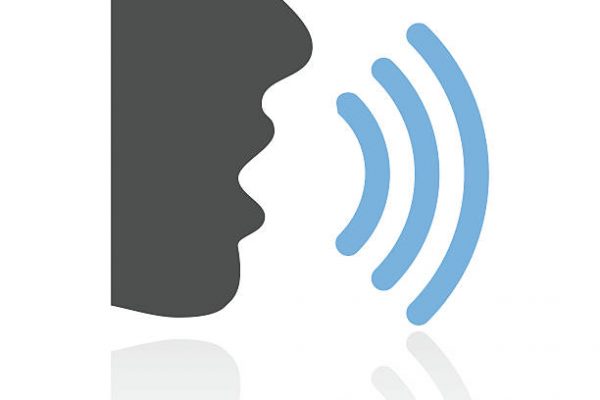James Travis Reeves, popularly known as ‘Jim Reeves,’ was a world-renowned country music hero and the singer of the epic song, “We Thank Thee,” which had remained top of the chart till he passed onto greater glory on July 31, 1964 in a plane crash. According to Wikipedia, “Gentleman Jim,” as he was fondly called, was immortalized in both “the Country Music and Texas Halls of Fame.” Jim Reeves, in that musical masterpiece, appreciated the […]
IGALA CROWNS NEW PRIEST-KING
For Prince Matthew Àlájì Ọ̀pàlúwa Ògwùchẹ́, Wednesday, November, 2021, a market day in the ancient town of Idah (Ídá), was an unforgettable milestone in his life, being the day he was installed the 27th Ata-Igala of the ruling Third Dynasty. A descendant of the Àámẹ-achọ Ruling House, Àlájì had, nine days earlier, commenced his pre-coronation rites at Ugwọlawo in Òfù LGA. On that day, he was conferred the preliminary Aidoko-anya title. In his signature post-installation […]
King-Designate Converting To Divinity
Miles Clifford, in his book, A Nigerian Chiefdom: Notes on the Igala Tribe in Nigeria and their “Divine King,” juxtaposes “the Idah chiefdom…and the Jukun chiefdom of Wukari,” This is not surprising, considering the long cultural association that the two groups had shared in Medieval times of Apa or Kwararafa confederacy. C.K. Meek, in A Sudanese Kingdom: An Ethnological Study of the Jukun-speaking Peoples of Nigeria, remarks that “According to early British explorers of the […]
Varying Vowels of Igala and English
As we all know, the Igala alphabet was created from the English alphabet. However, in the pronunciation of the letters of both alphabets, we notice stark differences in how their vowels and consonants sound. In terms of number, the vowels of English are five, while those of Igala are seven, as shown in the Table below. In this post, the individual vowels of the two languages are juxtaposed in two columns in the Table below […]
Five Tones of Igala Tongue
‘Ígálá’ is a tonal language; and, in tonal languages, only tone conveys meanings in words. For instance, the duplicated consonant, ‘kk’ per se, is meaningless but when you spice it with a vowel, or vowels, you see different meanings roll out. Example 1: Add the vowel, ‘ẹ,’ bearing a high tone (ẹ́); then, you will have ‘kẹ́kẹ́,’ meaning ‘small’ or ‘little’. E.g. Ọ́ma kẹ́kẹ́. A little child. Example 2: Add two vowels, ‘o’ and ‘e,’ with variant […]





